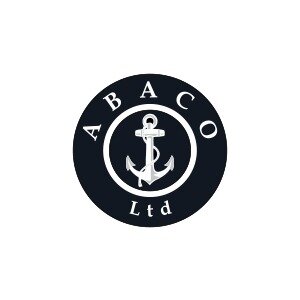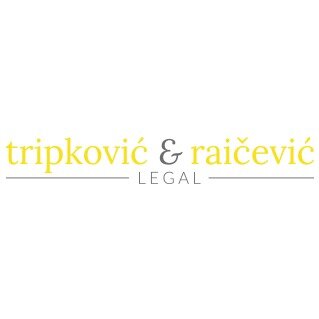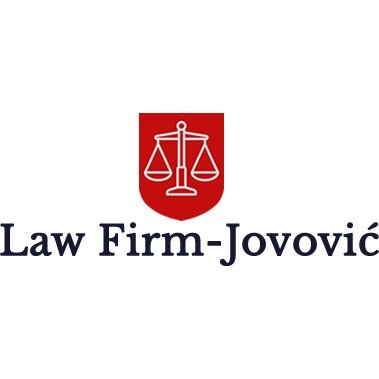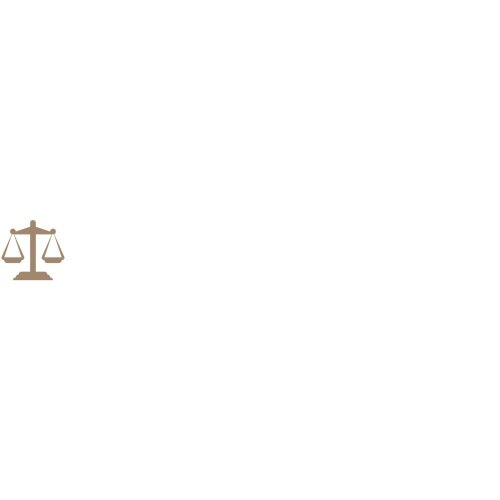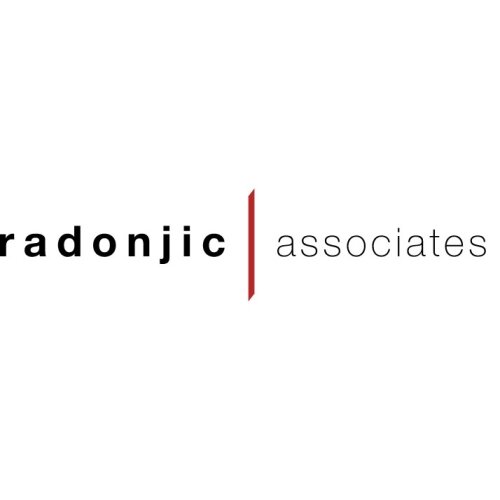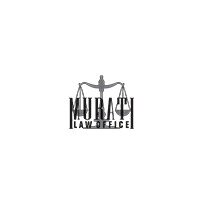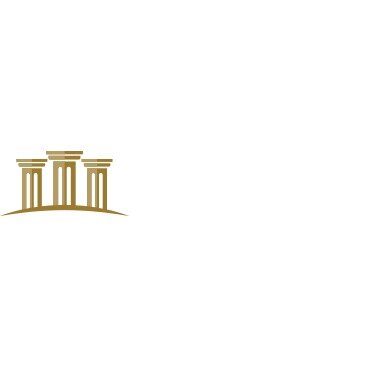Best Sanctions & Export Controls Lawyers in Montenegro
Share your needs with us, get contacted by law firms.
Free. Takes 2 min.
Or refine your search by selecting a city:
List of the best lawyers in Montenegro
About Sanctions & Export Controls Law in Montenegro
Sanctions and export controls are legal frameworks that regulate the transfer of goods, technology, and financial assets across national borders. In Montenegro, these laws are designed to comply with international obligations and to maintain national security, public safety, and foreign policy interests. They address restrictions on trade with particular countries or entities, control the export of sensitive items and technologies, and implement international sanctions decisions passed by the United Nations or European Union. Understanding these laws is essential for businesses, individuals, and organizations operating in or with Montenegro.
Why You May Need a Lawyer
Legal expertise is often necessary when navigating the complex field of sanctions and export controls. Common situations where people or companies may require legal help include:
- Exporting or re-exporting goods, technology, or services that may trigger restrictions or licensing requirements
- Dealing with asset freezes or business transactions involving sanctioned individuals or entities
- Responding to enforcement actions or investigations by Montenegrin or international authorities
- Assessing the compliance of contracts and business operations with current sanctions regulations
- Seeking guidance on lawful responses to changes in the global sanctions regime
- Advising international partners or clients with ties to Montenegro regarding compliance
- Reducing risk of significant fines or reputational damage due to inadvertent violations
A lawyer specializing in this field can help interpret the rapidly evolving legal landscape, assist with obtaining necessary licenses, and provide representation in proceedings related to sanctions or export control breaches.
Local Laws Overview
Sanctions and export controls in Montenegro are governed by several national laws and regulations, many of which implement United Nations Security Council resolutions and align with European Union frameworks. The key aspects of these laws include:
- Prohibition of trade and financial transactions with specified countries, organizations, or persons subject to international sanctions
- Mandatory licensing procedures for the export and transit of dual-use goods, military technology, and other controlled items
- Regular publication of lists of sanctioned entities and updated notifications of applicable restrictions by relevant authorities
- Significant penalties for non-compliance, including administrative measures, fines, and criminal liability in severe cases
- Obligations for businesses and financial institutions to conduct due diligence and report suspicious transactions
- Dynamic adaptation of local regulations to reflect changes in international obligations
It is crucial to consult the most recent legal texts or seek expert advice, as changes to the sanctions and export control lists can occur frequently.
Frequently Asked Questions
What are sanctions and export controls?
Sanctions are legal measures that restrict dealings with specific countries, entities, or individuals. Export controls regulate the transfer of certain goods, services, and technologies that may have military, security, or strategic significance. Both aim to support international security and compliance with global agreements.
Who enforces sanctions and export controls in Montenegro?
Montenegrin authorities, primarily the Ministry of Foreign Affairs, the Ministry of Economy, and customs agencies, are responsible for enforcing these laws, in cooperation with international bodies such as the EU and the United Nations.
What kinds of goods are subject to export controls?
Typically, dual-use items (with both civilian and military applications), weapons, technology, and certain services are controlled. The specific list is provided by national regulations and updated to reflect international agreements.
Do I need a license to export controlled goods?
Yes, exporting controlled goods or technologies generally requires a license from the competent authorities. Attempting to export without proper authorization can lead to serious legal consequences.
What are the consequences of violating sanctions or export controls?
Violations can result in administrative penalties, significant fines, loss of business licenses, confiscation of goods, and criminal prosecution, depending on the severity and intent.
How often are sanctions lists updated?
Sanctions and export control lists are updated regularly, sometimes several times a year, to reflect new international developments. It is vital to check the latest lists before any transaction.
Can individuals be subject to sanctions?
Yes, individuals, alongside companies and other organizations, can be designated on sanctions lists based on their activities or associations.
How do I know if my business partner is subject to sanctions?
You must conduct due diligence using official government resources and lists published by Montenegrin and international authorities. Legal counsel can help you perform comprehensive checks.
What should I do if I discover a potential violation?
If you suspect a violation, it is important to seek legal advice immediately. Prompt self-reporting and corrective actions can sometimes mitigate penalties.
Are there exemptions or exceptions available?
In very specific cases, exemptions can apply, often for humanitarian reasons or specific government-authorized activities. These require official approval and are granted on a case-by-case basis.
Additional Resources
For more information on sanctions and export controls in Montenegro, consider consulting the following resources:
- Ministry of Foreign Affairs of Montenegro - Responsible for implementing foreign policy and international sanctions
- Ministry of Economy of Montenegro - Manages export licensing and commercial regulations
- Customs Administration of Montenegro - Handles border controls and enforcement of export laws
- Official Gazette of Montenegro - Publishes updates, legal texts, and official sanction lists
- Chamber of Commerce of Montenegro - Provides advice and support for businesses engaged in international trade
- Professional legal associations specializing in commercial and trade law
Next Steps
If you require legal assistance in the area of sanctions and export controls in Montenegro, consider the following steps:
- Identify your specific concerns or proposed transactions that may be affected by sanctions or export controls
- Gather all relevant documentation, including contracts, correspondence, and product information
- Consult an experienced legal professional specializing in trade, sanctions, and export control law
- Verify the legal qualifications and experience of your chosen lawyer with relevant professional organizations
- Work closely with your advisor to ensure full compliance and resolve any outstanding issues proactively
- Stay updated on regulatory changes and international developments that may impact your activities
Taking these steps will help you manage risks, ensure lawful business practices, and successfully navigate the complex legal environment of sanctions and export controls in Montenegro.
Lawzana helps you find the best lawyers and law firms in Montenegro through a curated and pre-screened list of qualified legal professionals. Our platform offers rankings and detailed profiles of attorneys and law firms, allowing you to compare based on practice areas, including Sanctions & Export Controls, experience, and client feedback.
Each profile includes a description of the firm's areas of practice, client reviews, team members and partners, year of establishment, spoken languages, office locations, contact information, social media presence, and any published articles or resources. Most firms on our platform speak English and are experienced in both local and international legal matters.
Get a quote from top-rated law firms in Montenegro — quickly, securely, and without unnecessary hassle.
Disclaimer:
The information provided on this page is for general informational purposes only and does not constitute legal advice. While we strive to ensure the accuracy and relevance of the content, legal information may change over time, and interpretations of the law can vary. You should always consult with a qualified legal professional for advice specific to your situation.
We disclaim all liability for actions taken or not taken based on the content of this page. If you believe any information is incorrect or outdated, please contact us, and we will review and update it where appropriate.
Browse sanctions & export controls law firms by city in Montenegro
Refine your search by selecting a city.



